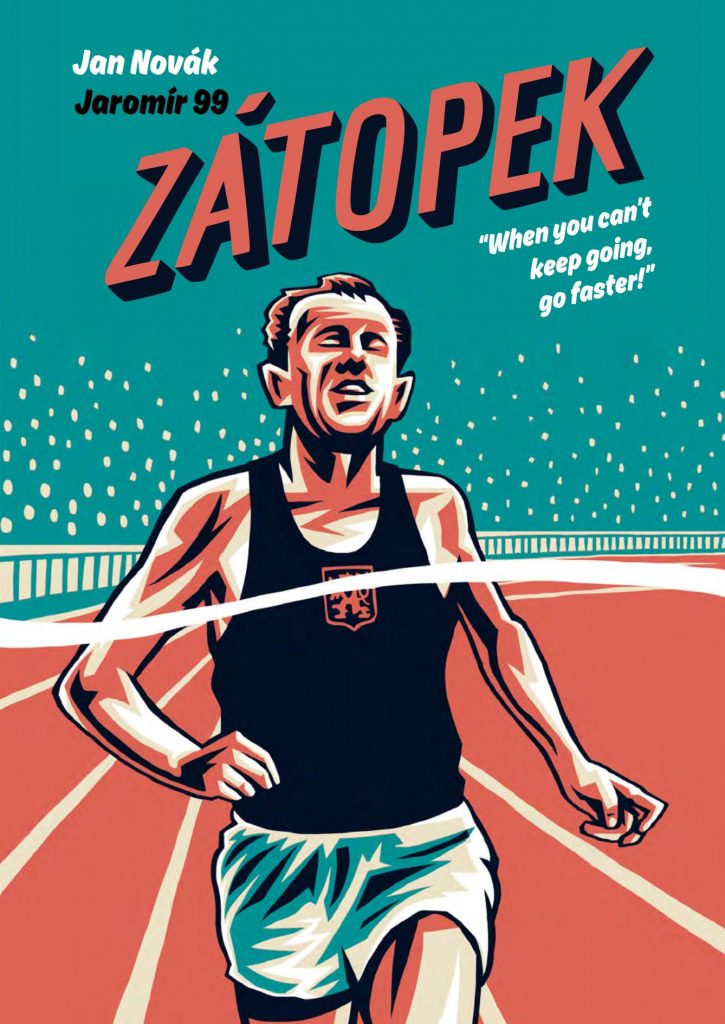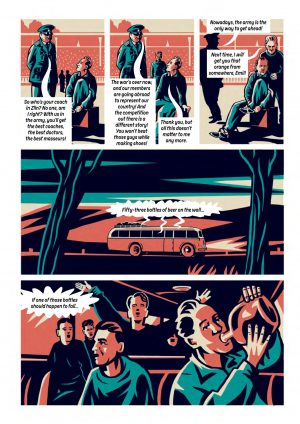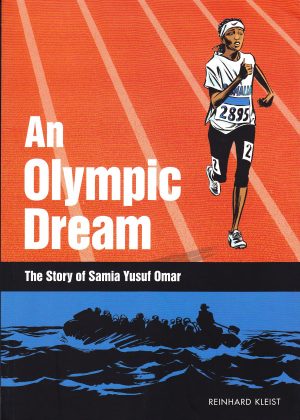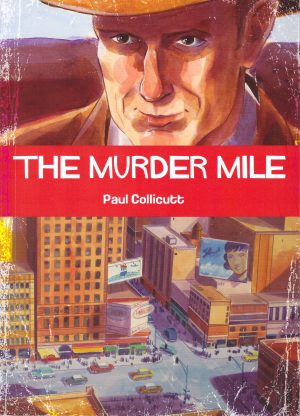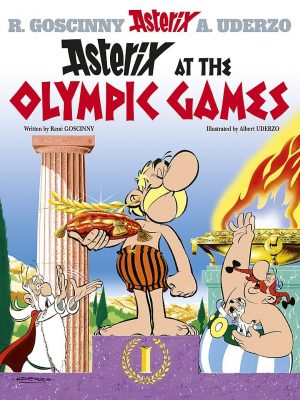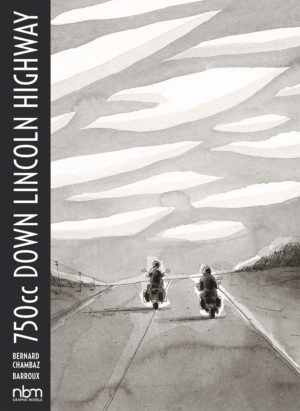Review by Frank Plowright
As the post-World War II era he competed in grows ever more distant, Czech runner Emil Zátopek is gradually fading from memory, yet remains the only person to have won Olympic gold medals for 5000 metres, 10,000 metres and the marathon in the same tournament. It was his second 10,000 metres gold, as in 1952 he was the reigning Olympic champion, having set a new record for good measure. Footage of his achievements doesn’t always show how distinctive his running style was, yet that of his winning the Helsinki Olympics 5000 metres does. His head lolls back and rolls from side to side as if no longer completely connected to his neck, while his face maintains a gurning expression, his teeth gritted as if in pain. His premature baldness gave the impression of a man older than he was, and at times when he ran Zátopek seemed to be staggering in agony, wheezing and panting, yet while what he did was hardly easy, his naturally unorthodox methods concealed a tactician’s mind.
Beyond a childhood anecdote or two Jan Novák’s script is strictly chronological in adhering to the rise part of Zátopek’s celebrity arc, leaving him at his athletic peak. Because the system is now almost as far in the past as Zátopek’s achievements it’s fascinating to see just how far the state intruded on daily life. Zátopek was forced to continue a career grinding minerals in a factory, risking the health of his lungs, when he was simultaneously breaking world records in training.
Jaromír 99 (or Ŝvejdík) takes an interesting approach to the art, drawing in swathes of heavily shaded colour as if imitating woodcut prints. He freezes Zátopek’s motion, in effect keeping him still, something no-one was capable of when he ran. The limited colour palette supplies an austerity sometimes softened by period elegance, but it’s memorable and effective illustration.
For a career spanning biography, Novák and Jaromír 99 hit the right notes, explaining Zátopek’s dedication, ingenuity, and unconventional methods. They also bring out his engaging personality, a confident manner of rejecting instruction, and a willingness to stand up to authority. His influence on the javelin career of his wife Dana Zátopková is covered as entwined with her husband’s. It builds to a principled stand just before the Helsinki Olympics, making his achievement there even more remarkable. As such Zátopek is an upward curve to a peak, if sometimes feeling liberties are being taken putting words into mouths. However, in failing to provide a complete picture, it’s disappointing. There’s plenty to say about Zátopek’s rapid fall from official grace, yet how beloved he remained among ordinary people, the myths that grew around that, and a life that outlived the Czech Communist regime by a good twenty years. Zátopek is a recognition of tremendous achievement and personality, but nowhere near the entire story of a heroic life.
